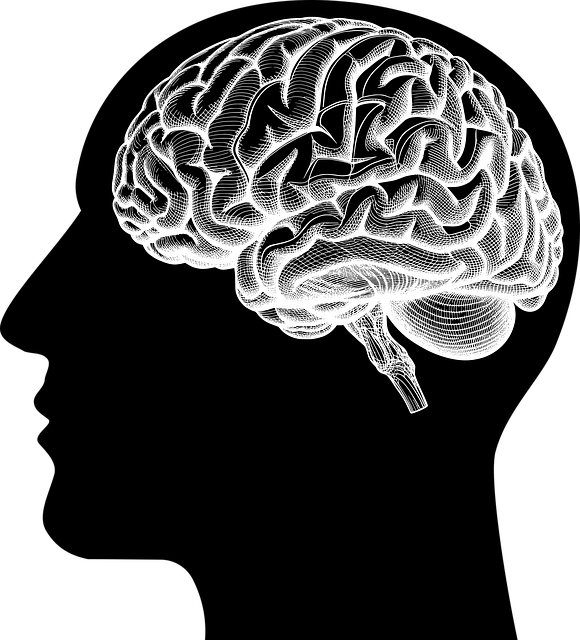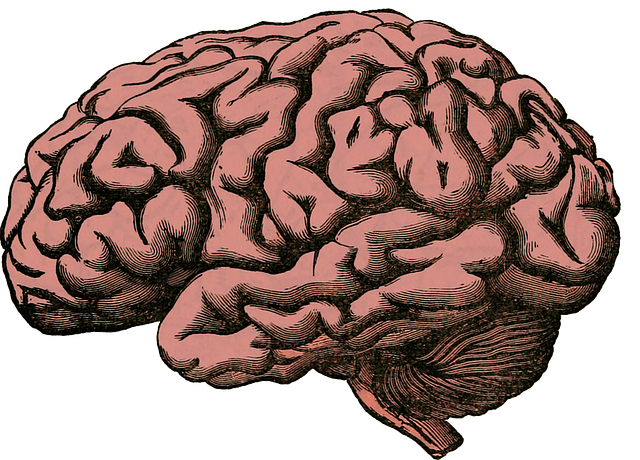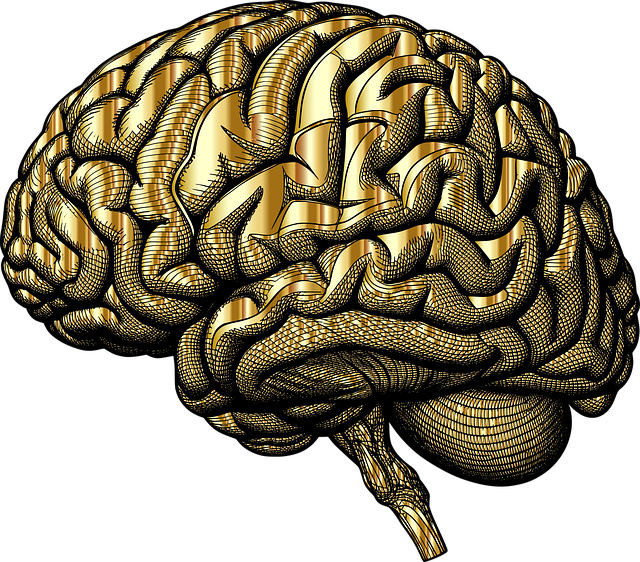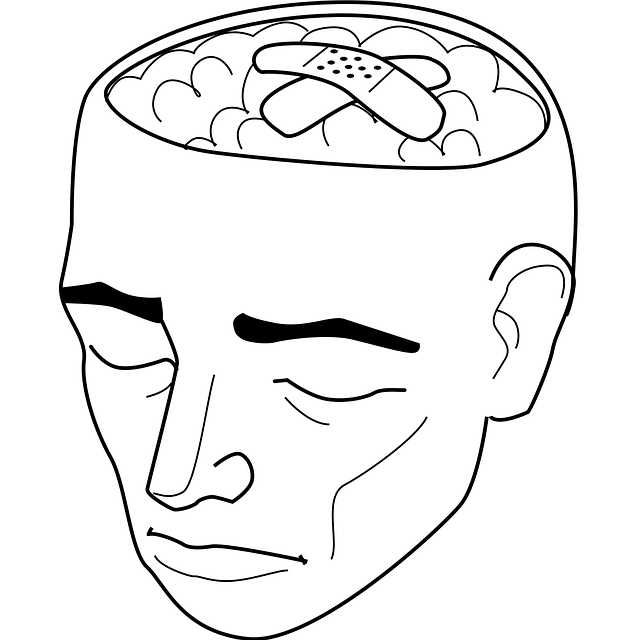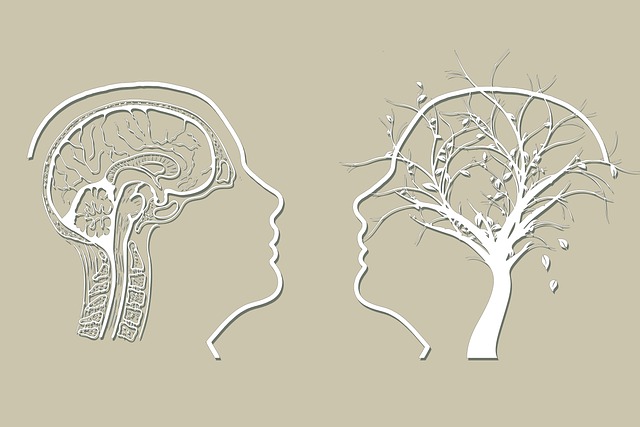Mindfulness meditation, an ancient practice promoted by Longmont Neuro Disorders Therapy, enhances mental health for neuro disorder patients. It encourages non-judgmental awareness of thoughts and emotions, fostering inner connection and holistic healing. Regular practice improves cognitive function, reduces stress, anxiety, and depression, promotes emotional regulation, and aids in Mental Illness Stigma Reduction. Creating an optimal environment with quiet spaces, calming elements, and structured practices enhances meditation benefits. Integrating mindfulness into daily routines offers advanced coping skills for stress management, anxiety reduction, and improved overall well-being, especially beneficial for neuro disorder sufferers.
“Discover the transformative power of mindfulness meditation with our comprehensive guide, tailored for those seeking relief and improved cognitive function in Longmont. This practice has emerged as a powerful tool in Longmont Neuro Disorders Therapy, offering a peaceful sanctuary from daily stressors. From understanding its fundamentals to mastering techniques, this article explores how mindfulness enhances overall well-being. Learn practical tips on creating an ideal meditation environment and strategies to integrate mindfulness into your daily routine for long-term success.”
- Understanding Mindfulness Meditation: A Foundation for Neuro Disorders Therapy in Longmont
- Benefits of Mindfulness: Enhancing Cognitive Function and Overall Well-being
- Setting the Scene: Creating an Ideal Environment for Your Practice
- Techniques to Master: Practical Tips for Effective Mindfulness Meditation
- Integrating Mindfulness into Daily Life: Strategies for Long-term Success
Understanding Mindfulness Meditation: A Foundation for Neuro Disorders Therapy in Longmont

Mindfulness meditation, a practice that cultivates present-moment awareness, has emerged as a powerful tool in the realm of mental health care, particularly for individuals navigating neuro disorders. In Longmont, where access to specialized therapy services is paramount, mindfulness becomes an accessible and effective foundation for healing. This ancient technique encourages individuals to observe their thoughts and emotions without judgment, fostering a deeper connection with their inner selves. By integrating this practice into therapeutic settings, mental health professionals in Longmont Neuro Disorders Therapy can offer clients a holistic approach to managing symptoms associated with various conditions.
The benefits of mindfulness meditation are well-documented, especially in its role as a crisis intervention guidance for those facing mental health crises. It aids in reducing the impact of stress, anxiety, and depression, promoting emotional regulation. Furthermore, it contributes to Mental Illness Stigma Reduction Efforts by encouraging self-acceptance and compassion. With regular practice, individuals can enhance their ability to navigate challenging situations, leading to improved overall well-being. This is particularly crucial for mental health professionals who often deal with complex cases, as a comprehensive risk assessment might reveal, as they require robust coping mechanisms to prevent burnout.
Benefits of Mindfulness: Enhancing Cognitive Function and Overall Well-being

Mindfulness meditation has emerged as a powerful tool for enhancing cognitive function and overall well-being, making it an essential practice in Longmont Neuro Disorders Therapy. Regular mindfulness exercises have been linked to improved focus, enhanced memory, and better decision-making skills, all of which contribute to better mental health awareness. By training the mind to stay present and non-judgmental, individuals can reduce stress levels and improve their emotional regulation, effectively acting as a shield against depression prevention.
This ancient practice not only benefits those dealing with neuro disorders but also plays a significant role in Mental Health Education Programs Design. It teaches individuals how to navigate life’s challenges with a calmer mind, thereby improving their overall quality of life. Incorporating mindfulness into daily routines can foster a sense of inner peace and resilience, empowering folks to take control of their mental health and embrace a more fulfilling life.
Setting the Scene: Creating an Ideal Environment for Your Practice

Creating a dedicated space for your mindfulness meditation practice is akin to setting the stage for a performance—it needs to be just right to ensure an optimal experience. In the context of Longmont Neuro Disorders Therapy, establishing an ideal environment can significantly enhance the benefits of meditation. Start by finding a quiet area in your home where you won’t be disturbed; this could be a corner of your bedroom or a small study. Consider factors like lighting—soft, warm illumination is often preferred—and temperature to create a soothing ambiance. Remove any distractions like electronic devices, ensuring your phone is on silent mode or turned off completely.
Think about adding elements that promote relaxation and focus. Fresh flowers, candles with calming scents, or even a view of nature through a window can contribute to a serene atmosphere. Many people also find comfort in playing soft, instrumental music during meditation. Incorporating these simple changes into your routine may seem trivial, but they play a significant role in supporting your mental wellness journey, especially as part of Burnout Prevention and Mental Illness Stigma Reduction Efforts, potentially leading to more meaningful experiences with mindfulness meditation.
Techniques to Master: Practical Tips for Effective Mindfulness Meditation

Mastering mindfulness meditation involves a combination of practical techniques and consistent practice. Start by finding a quiet space free from distractions where you can sit comfortably with your back straight. Set a timer for a duration that suits your routine, whether it’s 5, 10, or 20 minutes. Focus on your breath, noticing the air as it enters and leaves your body. When thoughts intrude—and they will—gently acknowledge them without judgment and bring your attention back to your breath.
Remember, mindfulness isn’t about stopping thoughts but learning to observe them non-judgmentally. Incorporate compassion cultivation practices, a technique often explored in Longmont Neuro Disorders Therapy, to foster kindness towards yourself during these moments. Over time, you’ll find it easier to stay present, and the benefits of improved mental wellness will extend beyond your meditation sessions into daily life. Consider exploring communication strategies from the Mental Wellness Podcast Series Production for enhancing self-awareness and connection with others as you integrate mindfulness into your routine.
Integrating Mindfulness into Daily Life: Strategies for Long-term Success

Integrating mindfulness into daily life is a powerful strategy for long-term mental wellness, particularly beneficial for those navigating neuro disorders. Longmont Neuro Disorders Therapy emphasizes this holistic approach, focusing on techniques that foster self-awareness and emotional regulation. By incorporating mindfulness practices, individuals can develop coping skills to manage stress, anxiety, and other symptoms effectively. This involves simple yet profound changes, like mindful breathing exercises during hectic moments or conscious presence while engaging in routine tasks.
For sustainable success, it’s crucial to make these practices a consistent part of one’s daily routine. Mental health professionals can guide individuals through risk assessment to identify triggers and tailor mindfulness strategies accordingly. Moreover, regularly reflecting on personal experiences enhances self-esteem and reinforces the sense of control over one’s mental health. This continuous integration of mindfulness not only improves overall well-being but also serves as a valuable tool in managing neuro disorders, ensuring a more balanced and fulfilling life.
Mindfulness meditation, as a practice rooted in Longmont Neuro Disorders Therapy, offers powerful benefits for cognitive function and overall well-being. By creating an ideal environment, employing practical techniques, and integrating mindfulness into daily life, individuals can enhance their mental resilience and achieve long-term success. Understanding and consistently applying these principles can significantly improve the quality of life, making mindfulness a valuable tool for anyone seeking to navigate life’s challenges with greater clarity and calmness.



